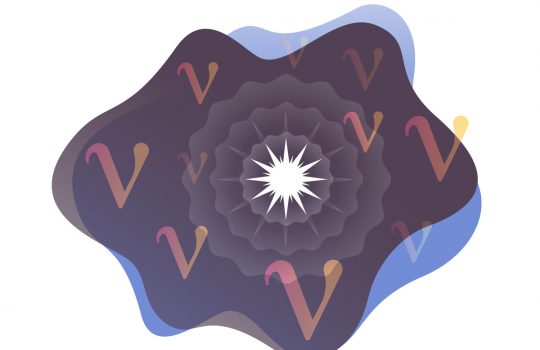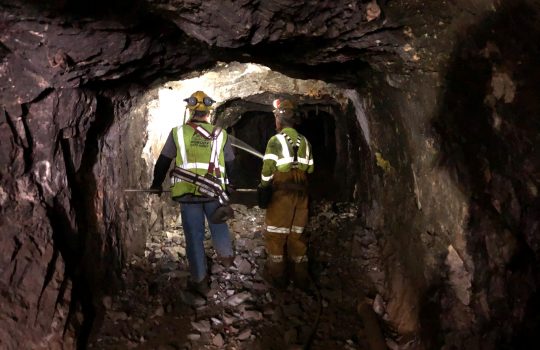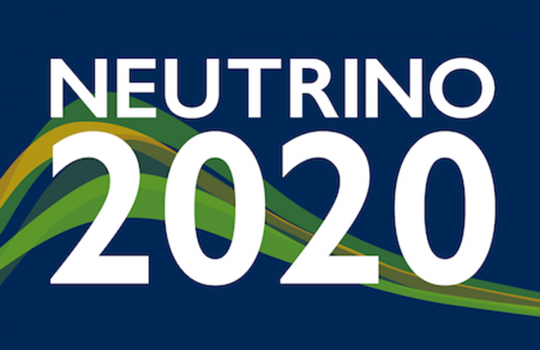Searching for supernova neutrinos with DUNE
The international Deep Underground Neutrino Experiment collaboration has published a paper about its capability for performing supernova physics. It details the kind of activity DUNE expects in the detector during a supernova burst, how DUNE will know once a supernova occurs and what physics DUNE will extract from the neutrinos. DUNE’s unique strength is its sensitivity to a particular type of neutrino called the electron neutrino, which will provide scientists with supernova data not available from any other experiment.




